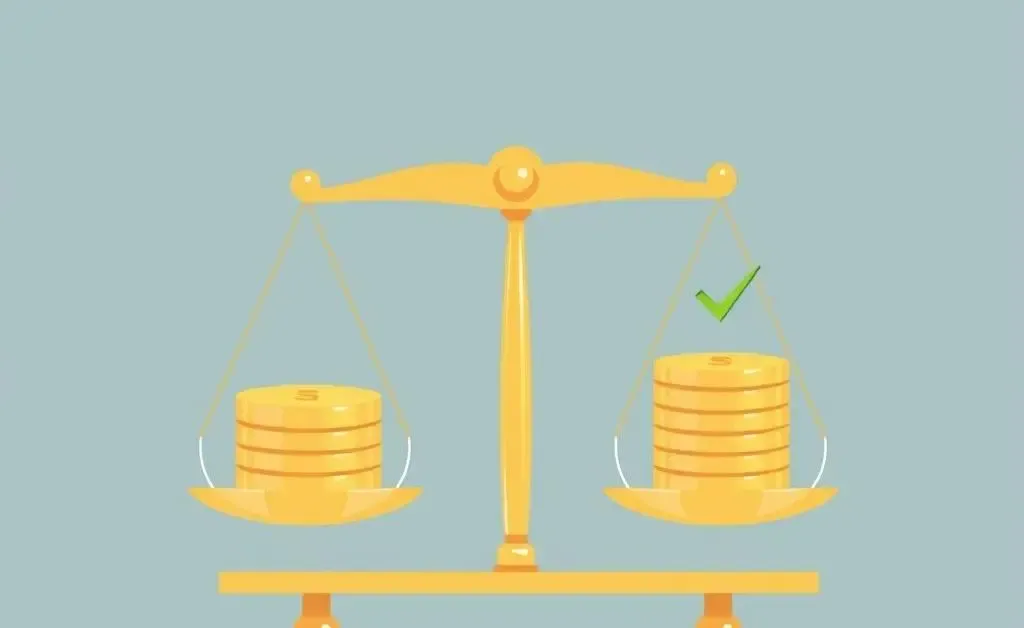Navigating the Financial Maze: How to Handle Debt with Confidence
Discover practical strategies for managing medical debt effectively and fostering financial peace.

We've all faced those moments where finances feel like an intricate puzzle, especially when unexpected events like medical bills add extra layers of complexity. But what if we could shift the narrative? Instead of feeling overwhelmed, let's explore how we can approach financial challenges with clarity and confidence. In this journey, we'll uncover practical steps to manage medical debt and foster a profound sense of financial peace.
Understanding the Landscape of Medical Debt
Medical debt often carries a unique weight on our financial shoulders. It's an uphill battle, primarily because it arrives unannounced. I've been there too, questioning how to manage the seemingly daunting pile of bills. But the critical first step is understanding the nature of your debt. Recognize which expenses are negotiable and which require immediate attention. By creating an itemized list, you transform the chaos into a plan.
Establishing a Thoughtful Budget
Once we grasp the scope of our debt, setting up a budget becomes our guiding star. Personally, I find joy in making budgeting almost ritualistic. Imagine cozy evenings by candlelight, a warm cup of tea in hand, balancing the art of numbers. It's about creating a safe space to make informed decisions.

Key Steps to a Sustainable Budget
- Track your expenses: Identify where your money flows. Sometimes, little leaks can surprise us.
- Set priorities: Which expenses are essential, and which can be trimmed?
- Build an emergency fund: Gradually set aside funds for unexpected events. It doesn't happen overnight, but bit by bit, it grows.
Communicating with Creditors
Engaging with creditors might seem intimidating, but consider it an opportunity for resolution and peace of mind. When I first reached out, I was apprehensive, but I found that transparency opened doors for beneficial discussions. Here’s a gem I discovered: most creditors appreciate a genuine intent to find common ground.
Steps for Effective Communication
- Gather your paperwork: Before making contact, ensure you have all relevant bills and documents ready.
- Be proactive: Initiate the conversation rather than waiting until issues escalate. Be open about your situation and your willingness to resolve it.
- Negotiate terms: Don’t hesitate to ask for lower interest rates or feasible payment plans. It's more common than you'd think!
The Emotional Side of Financial Management
Addressing your finances is not just about numbers. It's also about nurturing a positive mindset and recognizing our self-worth in this process. We often forget how intrinsically linked our emotions are to our financial wellness.

Remember, we're not in this alone. Support groups, financial advisors, and even friends are part of our community of care. Sharing our journeys can offer solace and insightful strategies. It's about fostering a supportive network that understands and lifts us.
A Gentle Reflection
In the realm of financial management, small, consistent steps make all the difference. Like a delicate dance, we progress gracefully, adjusting with each financial sway. As we embrace these strategies, may we also embrace the inherent resilience within us. Here’s to navigating our financial journeys with renewed hope and confidence.




